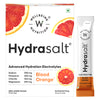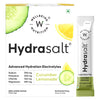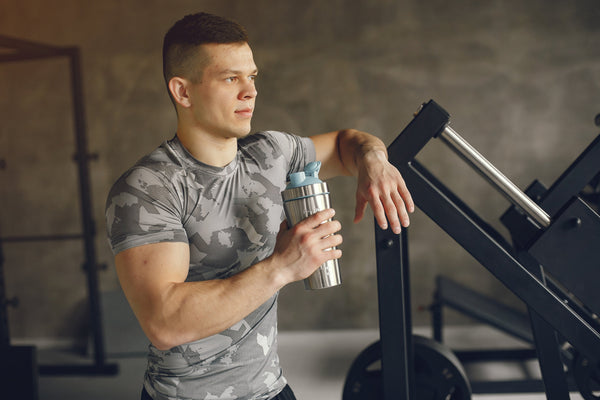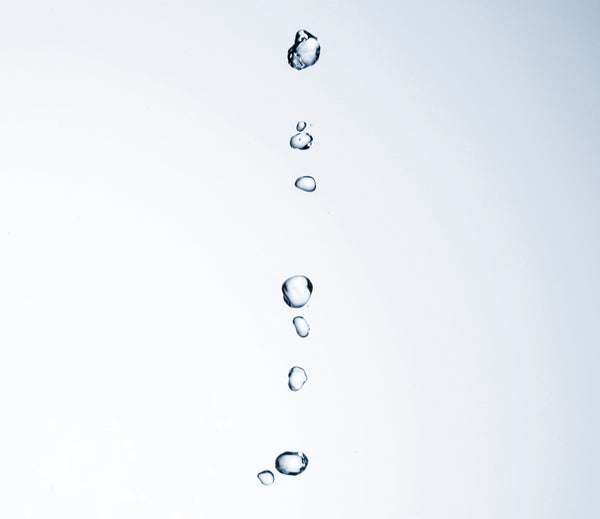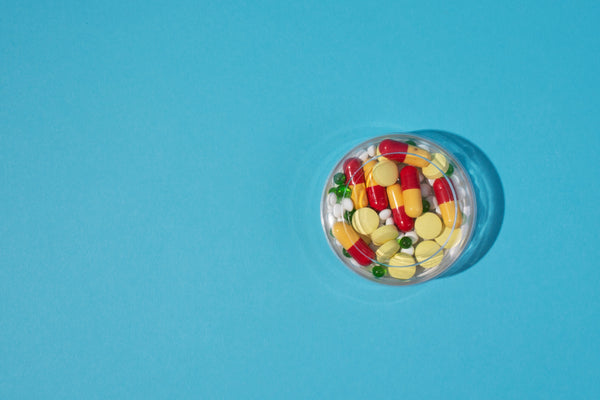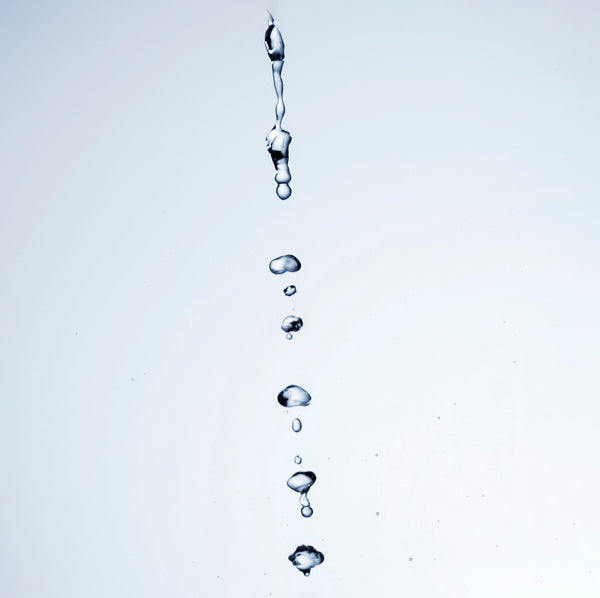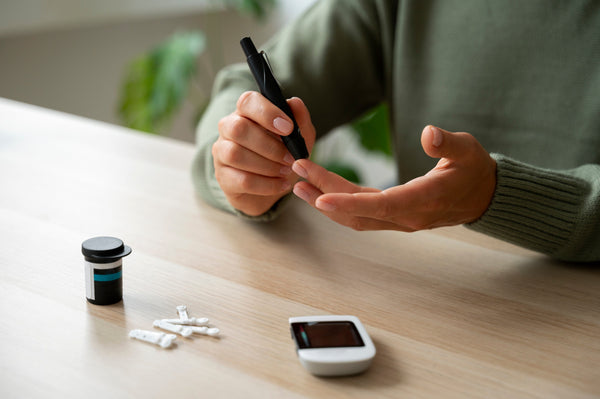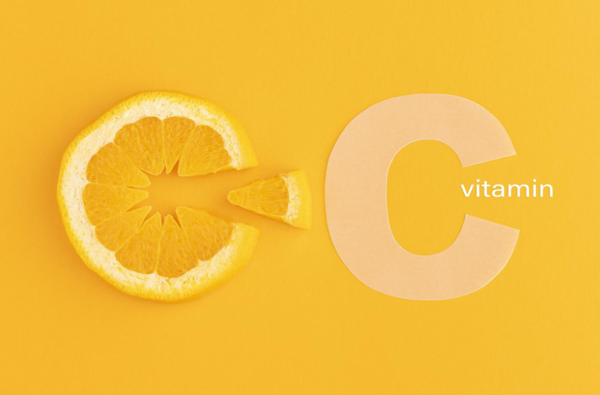Hydration is more than just drinking enough water, it's about how efficiently your body retains and utilizes that fluid. On its own, water doesn’t deliver what your body truly needs. Electrolytes such as sodium, potassium, and magnesium are essential for muscle function, nerve signaling, fluid balance, and energy stability, whether you're in the middle of a workout or a long day at work.
Traditionally, hydration solutions included sugar, based on the premise that glucose enhances electrolyte absorption. But new zero-sugar electrolyte powders offer an alternative, one that supports hydration without the impact on blood sugar. With advanced formulations using mineral salts and functional carriers, these blends aim to deliver targeted hydration, minus the drawbacks of added sugars.
Why Sugar Was Used in Electrolytes
The use of sugar in electrolyte solutions is rooted in oral rehydration therapy (ORT), a method that combines glucose and sodium to accelerate fluid absorption in the gut. This is critical in clinical situations like cholera or severe diarrhea, where rapid rehydration can be life-saving.
However, for everyday hydration needs, be it recovery after exercise, travel fatigue, or daily mental demands, added sugar may not only be unnecessary but counterproductive. While glucose can support absorption, excess sugar has been shown to draw water into the intestines, potentially leading to bloating or digestive discomfort during exertion or heat exposure (NIH).
Modern formulations have found alternatives. Ingredients such as L-glutamine and citrate salts, including magnesium citrate, have shown promise in enhancing absorption without relying on sugar.
The Emergence of Zero-Sugar Electrolyte Powders
Zero-sugar electrolyte powders represent a cleaner, more targeted approach to hydration. Instead of relying on glucose, these products use mineral salts, amino acids, or effervescent delivery systems to optimize uptake.
They typically avoid artificial sweeteners and added calories, focusing instead on a balanced profile of essential electrolytes like sea salt, potassium chloride, magnesium citrate, and calcium lactate, mirroring the body’s natural needs. Wellbeing Nutrition's Hydrasalt™ is also formulated on a similar idea, where it delivers these minerals through plant-based formulations suitable not just for athletes but for anyone dealing with dehydration from travel, heat, or high stress.
But Do They Work?
Yes, absolutely, and in many cases, they may outperform their sugar-laden counterparts.
While glucose has historically played a role in enhancing sodium and water absorption, especially in clinical settings, emerging research shows that hydration doesn’t depend on sugar alone. A 2016 trial published in the American Journal of Clinical Nutrition introduced the Beverage Hydration Index (BHI), revealing that drinks containing electrolytes and minimal sugar, like milk or oral rehydration solutions, hydrated the body more effectively than water or soft drinks (NIH).
High-sugar beverages may actually hinder hydration by slowing gastric emptying and increasing gastrointestinal discomfort, particularly during exercise. In contrast, sugar-free or low-sugar isotonic drinks have been shown to absorb more efficiently and support better hydration outcomes (NIH).
These formulations also come without the common post-drink fatigue. If you've ever felt sluggish or bloated after a traditional sports drink, excess sugar may be to blame. Spikes in blood glucose can lead to sharp insulin responses, followed by energy dips or brain fog, especially problematic for those with insulin resistance, blood sugar instability, or on low-carb diets.
Zero-sugar electrolyte powders help maintain stable energy levels and mental clarity by avoiding those fluctuations. A 2020 paper further highlighted that low-glycemic hydration strategies not only improve endurance performance but also reduce GI stress during activity (NIH).
Key minerals like magnesium and potassium also support neurological function, muscle recovery, and focus, making these sugar-free alternatives not just effective, but ideal for daily hydration without compromise.
Sugar vs. Sugar-Free Electrolytes: What Sets Them Apart?
Nutritional Content
Traditional sports drinks often contain between 6 to 20 grams of sugar per serving, beneficial during endurance sports but excessive for everyday hydration. Zero-sugar powders provide the same mineral support without added sugars or carbohydrates, making them ideal for daily use or low-carb lifestyles.
Impact on Blood Sugar
Sugary drinks may trigger blood sugar spikes followed by energy crashes. Sugar-free electrolytes support steady energy and improved metabolic stability, especially important for individuals managing insulin resistance or frequent dips in energy.
Taste and Daily Use
Zero-sugar options tend to feature subtle, clean flavors using natural fruit extracts. This makes them easier to sip throughout the day, especially during physical activity or in hot climates, without the cloying sweetness of conventional sports drinks.
Everyday Uses
You don’t need to be an athlete to benefit from zero-sugar electrolytes. They’re useful for anyone navigating:
-
Long workdays that require sustained focus
-
Dehydrating environments like air travel or hot climates
-
Recovery after poor sleep or alcohol consumption
-
High-stress periods when magnesium loss increases
-
Menstruation or minor illnesses, where fluid balance needs support
Even chronic stress can deplete essential minerals, especially magnesium. Replenishing electrolytes during such periods may help regulate cortisol, enhance resilience, and reduce anxiety (NIH).
Building Smarter Hydration Habits
To support daily hydration and mineral balance, consider these strategies:
-
Begin your day with electrolytes: After overnight fluid loss, adding a zero-sugar electrolyte blend to your first glass of water can improve energy and alertness.
-
Listen to your body: Fatigue, lightheadedness, or muscle cramps may signal electrolyte depletion, not just dehydration.
-
Eat a mineral-rich diet: Whole foods like bananas, spinach, avocados, yogurt, and seeds provide valuable sources of potassium, magnesium, and calcium.
-
Supplement when needed: During periods of exertion or stress, opt for a well-formulated blend like Hydrasalt™ to support hydration without added sugar.
Final Thoughts
Hydration isn’t just about quantity, it’s about quality. The effectiveness of your hydration depends on how well your body absorbs and utilizes the fluids you consume. Electrolytes are central to that process.
Zero-sugar electrolyte powders offer a thoughtful, efficient solution. They hydrate without disrupting glucose metabolism, causing digestive distress, or adding unnecessary calories. Whether you’re managing stress, traveling, training, or simply striving for better daily wellness, these formulations offer targeted support for your body and mind.
Choosing hydration that aligns with your health goals doesn’t need to be complicated. Support your system with intention, opt for clean, sugar-free solutions that help you feel focused, steady, and improve overall well-being.
FAQs
1. What are the benefits of zero-sugar electrolyte powders?
They help replenish essential minerals without spiking blood sugar or adding calories. This supports muscle function, mental clarity, and steady energy.
2. Can I use sugar-free electrolyte drinks while fasting?
Yes. Most are calorie-free and don’t raise insulin, making them suitable for hydration during fasting periods.
3. Are there side effects to daily use?
When taken as directed, zero-sugar electrolytes are generally safe. Overconsumption may lead to digestive upset or electrolyte imbalances if dietary intake is already high.
4. How do they compare to traditional sports drinks?
Unlike sugary sports drinks, zero-sugar powders hydrate without affecting blood sugar, making them better for daily use and non-endurance activities.
5. Are sugar-free electrolyte drinks safe for children?
Yes, in moderation, especially during heat, illness, or physical activity. Always opt for clean-label options and consult a pediatrician for routine use.








